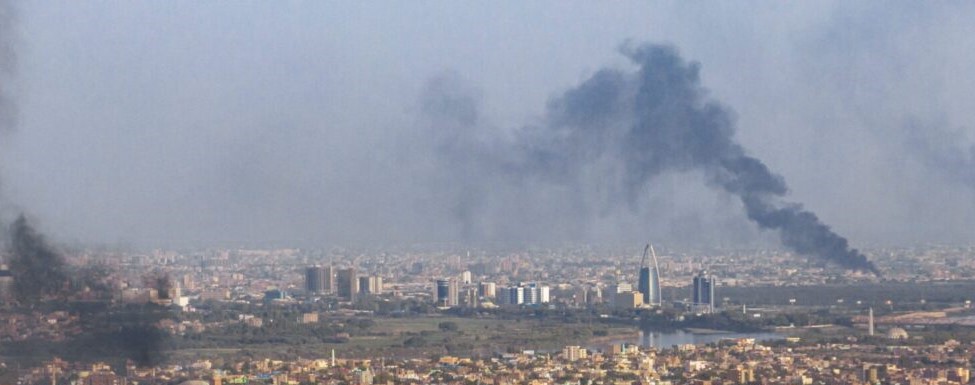The official spokesperson for Khartoum’s Southern Belt Emergency Response Room, Mohammed Abdullah, has expressed fears over the worsening plight of the residents due to the disruption of communication and water services, alongside the rising prices of the essential goods.
Khartoum’s Southern Belt is part of the periphery of the capital inhabited by people earlier displaced by wars in Darfur, Kordofan, and Blue Nile region.
Abdullah told Radio Tamazuj on Monday that the residents in the Southern Belt were struggling to access drinking water from the public network, forcing them to resort to unsafe alternatives.
He said that the rudimentary solution had become necessary for those affected by the ongoing conflict.
The residents stand in long queues to obtain water and basic goods, amid the increasing daily needs. They were equally enduring power outages and a lack of basic resources, exacerbating the humanitarian crisis.
Abdullah confirmed that the Southern Belt Emergency Response Room was monitoring the deprived areas and providing support to the affected populations. He urged the concerned parties to increase efforts and collaborate to overcome the humanitarian crisis.
One of the residents, Samah Abdel-Latif, stated that the markets had suffered stagnation due to a lack of liquidity, forcing the traders to close their shops. She mentioned that the water shortage was the most worrying issue for residents of Al-Azhari in the southern belt.
Sharaf Al-Din Bashir, another resident, reported that they were suffering from sharp price increases, with the cost of a jerrycan of water reaching 1,000 Sudanese pounds. He added that they had been experiencing power, water, and communication network outages for three months.
The war began on April 15, 2023, when Sudanese citizens awoke to sounds of gunfire and clashes in the capital, Khartoum, pitting units of the Sudan Armed Forces against the RSF.
The war quickly spread beyond Khartoum. Since its beginning, more than 8.8 million people have fled their homes and nearly 16,000 fatalities have been reported by the Armed Conflict Location & Event Data (ACLED), a data collection, analysis and crisis mapping project.




